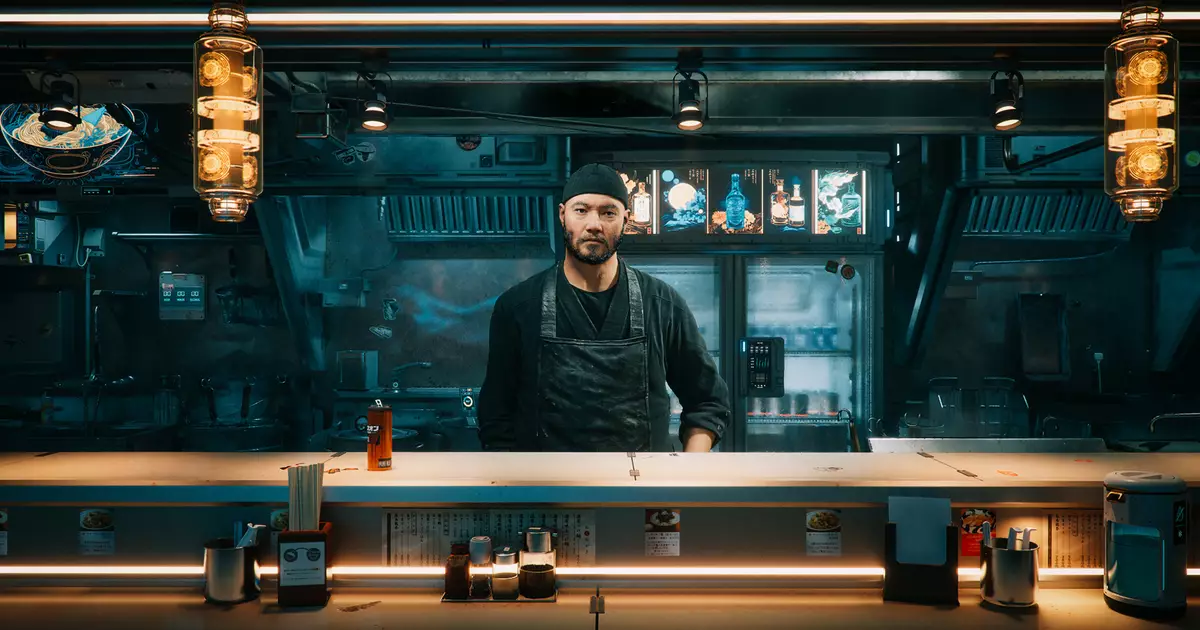Generative AI has become a major topic of discussion across various industries, including video games, art, and culture. Recently, the CEO of Nvidia, a prominent graphics card company, made a bold prediction regarding the future of AI in gaming. Jensen Huang stated that within the next 10 years, we may witness games where every element on the screen is fully generated by AI in real-time. This statement has sparked conversations and raised questions about the potential impact of AI on the gaming industry.
The Path to Widespread Adoption
Huang mentioned that we are already two years into the ‘S curve’ for the adoption and advancement of generative AI technology. He suggested that most technologies become practical and improve within a decade, with the possibility of significant progress in as soon as five years. Huang highlighted the success of ChatGPT as a practical and effective example of AI technology, indicating that we are moving towards a future where AI-generated content will reshape the gaming landscape.
Nvidia, along with other tech companies, has been exploring the use of AI and machine learning in various aspects of gaming. From AI-generated NPC interactions to advanced graphics enhancements through technologies like DLAA and DLSS, AI is steadily making its mark on the gaming experience. However, the concept of generating an entire game in real-time using AI poses significant challenges and raises important questions about the future of game development.
The Ethical Concerns
One of the major concerns surrounding the integration of AI in gaming is the ethical implications. As AI becomes more sophisticated and capable of generating content autonomously, there is a risk of devaluing the work of human creators. The fear of AI replicating and producing art without proper credit or compensation is a valid concern that needs to be addressed as we navigate the evolving landscape of generative AI in video games.
It is evident that AI technology is here to stay and will continue to play a significant role in the evolution of video games. Whether AI will replace traditional game development processes entirely or complement them in innovative ways remains to be seen. As we look ahead to the next decade, it is crucial to approach the integration of AI in gaming with caution and consideration for the impact it may have on creators and the industry as a whole. The future of generative AI in video games holds great promise, but it also raises important questions that must be addressed to ensure a sustainable and ethically responsible approach to innovation.


Leave a Reply